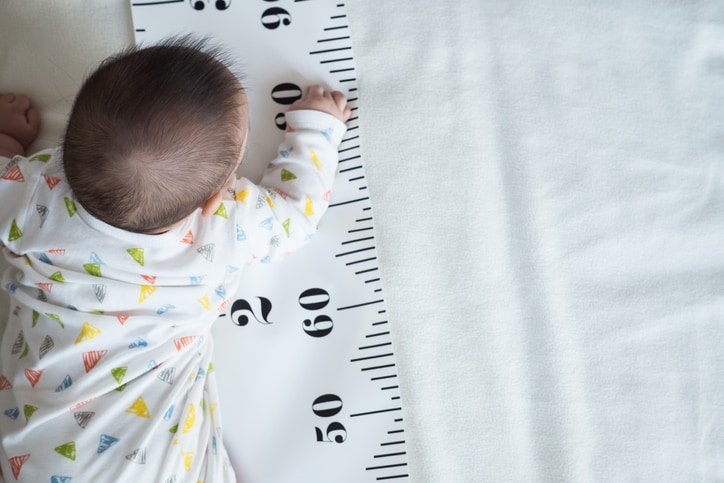Parents aren’t supposed to compare children – either with siblings, cousins, or even the neighbors down the street. For the most part, we want to respect that each child learns, grows, and develops at their own unique pace.
However, what happens when parents do notice a substantial difference? When a child just won’t crawl, grab objects, interact with family, or even babble at what is considered a “normal and usual” age? Let’s take a look at why parents shouldn’t compare their kids.
Why Parents Shouldn’t Compare Their Kids?
Pediatric development experts tell us that windows for development are wide, but when milestones are not met within that window, it’s time to consult your Alzein Pediatrics provider and consider pediatric interventional therapies. When your child has trouble mastering the skills needed to navigate their world, be it speech, fine or gross motor skills, sensory processing, or other abilities, pediatric therapy interventions starting as early as possible can make a big difference in your child’s life.
Child’s Stages of Development
So when do you raise a red flag about pediatric developmental milestones? If your child is not achieving these milestones at these ages, make an immediate appointment with us:
2 Months Old Child Development
– can hold head up and push up when on stomach
– smiling at people
– looking at parents
– turns head towards sounds
4 Months Old Pediatric Development
– watches things as they move
– holds head steady
– coos and makes sounds
– brings objects to the mouth
– pushes down with legs when feet are placed on a hard surface
– eyes move in all directions
Child’s 6 Months Old in Development
– reaches for objects
– shows affection for parents and caregivers
– rolls over in both directions
– laughs and squeals
– has good muscle control and smooth movements of arms and legs
9 Months Old Development of a Child
– bears weight on legs with support
– sits without help
– babbles “mama”, “baba” and “dada”
– plays back-and-forth games
– responds to their names
– looks when someone points
– moves objects from one hand to the other
1-Year-Old Child’s Development
– crawls
– stands with support
– plays hide and seek
– uses single words
– uses gestures like waving, shaking head
– points to objects and people
– seems to lose skills they once had
18 Months Old Baby Development
– walks
– copies others
– uses at least 6 words
– gains new words
– reacts when parent or caregiver leaves and returns
2 Years Old Child Development
– uses 2-word phrases
– can use a spoon, fork, or hairbrush
– follows simple instructions
– can walk smoothly
3 Years Old Development of Your Kid
– can walk stairs easily
– speaks clearly without drooling
– speaks in sentences
– plays with other children
– plays pretend
– works puzzles
– turns handles
4 Years Old Children’s Development
– can jump in place
– uses the toilet
– dresses self
– can follow 3-part commands
– uses “me” and “you” correctly
– can retell stories
Your Child’s 5 Years Old Child Development
– expresses a wide range of emotions
– can focus on an activity for more than 5 minutes
– knows the difference between real and pretend
– knows and can repeat their first and last name
– uses plurals and past tense correctly
– draws pictures
– brushes teeth, washes and dries hands
– can get undressed unaided
Pediatric Development Inventions are Helpful with Alzein Pediatrics
Your child should be meeting all the milestones of their age – and all the milestones of previous ages. When your child is not – or seems to be losing skills – pediatric development therapy inventions will help. Pediatric therapy helps children become independent in all areas of life. By working with a therapist, children with developmental delays will make significant strides.
Questions about pediatric development, milestones, or therapy? Call us at 708-424-7600 or visit Our Evergreen Park, Oak Lawn/95th Street, and Urgent Care locations.
. We are happy to answer your questions, schedule an appointment and discuss your unique child and their development!


